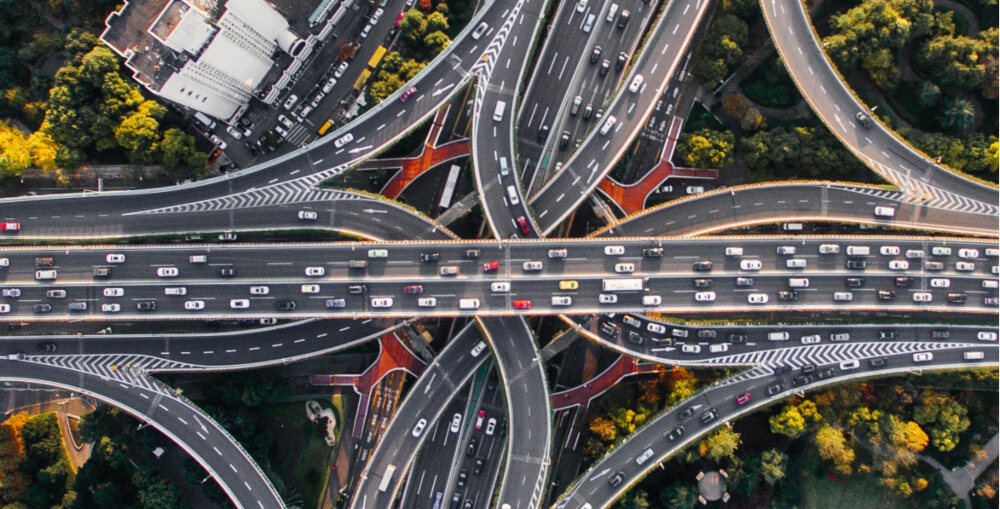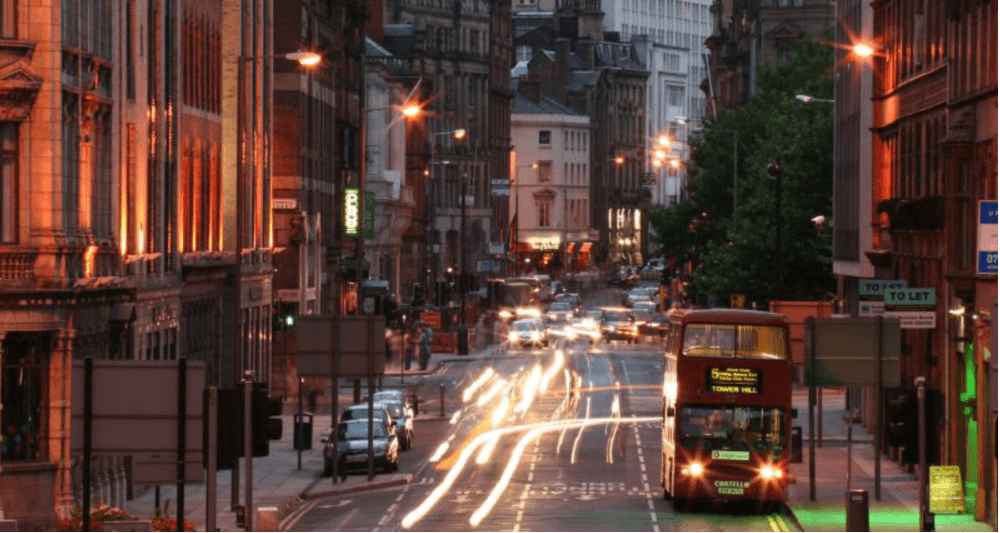In their study, PhD candidate Pinchao Zhang and assist. prof. Sean Qian show that the pattern of when electricity is used in households during the night can predict the start of morning traffic congestion better than real-time monitoring of transit. The study is based on 79 days’ worth of time-of-day electricity data from 322 anonymous households in Austin.
Predicting traffic congestion
Predicting the beginning and duration of traffic congestion is difficult. There are many variables that change every day. Drivers don’t always depart at the same time and they use different routes. Cities tried to predict the rush hour by tracking real-time traffic data. But real-time traffic data could only forecast congestions a few minutes before they happened.

Researchers from Carnegie Mellon University tried another approach. They collected the data about the electricity use in households from midnight to early morning. Then they employed artificial intelligence to predict the timing of traffic congestions, based on some assumptions. For example, an early spike of electricity use followed by a drastic drop could imply early departure from home. A late night spike of electricity use could imply late night activities that can lead to late morning departure from home. The predictions made by this model were significantly more accurate than predictions made by using real-time traffic data only. If households changed their electricity use patterns, that was reflected in the time congestions started.
Relations between urban systems
Analyzing the relationships between urban systems is a key concept in creating our cities better (and smarter). “We looked at energy utilization to predict the traffic. But you could also use traffic flow to predict energy utilization in advance,” says assistant professor Sean Qian, one of the researchers.
This study shows that correlations between different urban systems are worth exploring. If we can predict some of the events in the cities, we can prepare for them and manage cities more efficiently.
Photo source: www.goodfreephotos.com
Source: https://techxplore.com/news/2018-06-midnight-electricity-morning-traffic-congestion.html
Original research article: DOI: 10.1016/j.trc.2018.05.008

